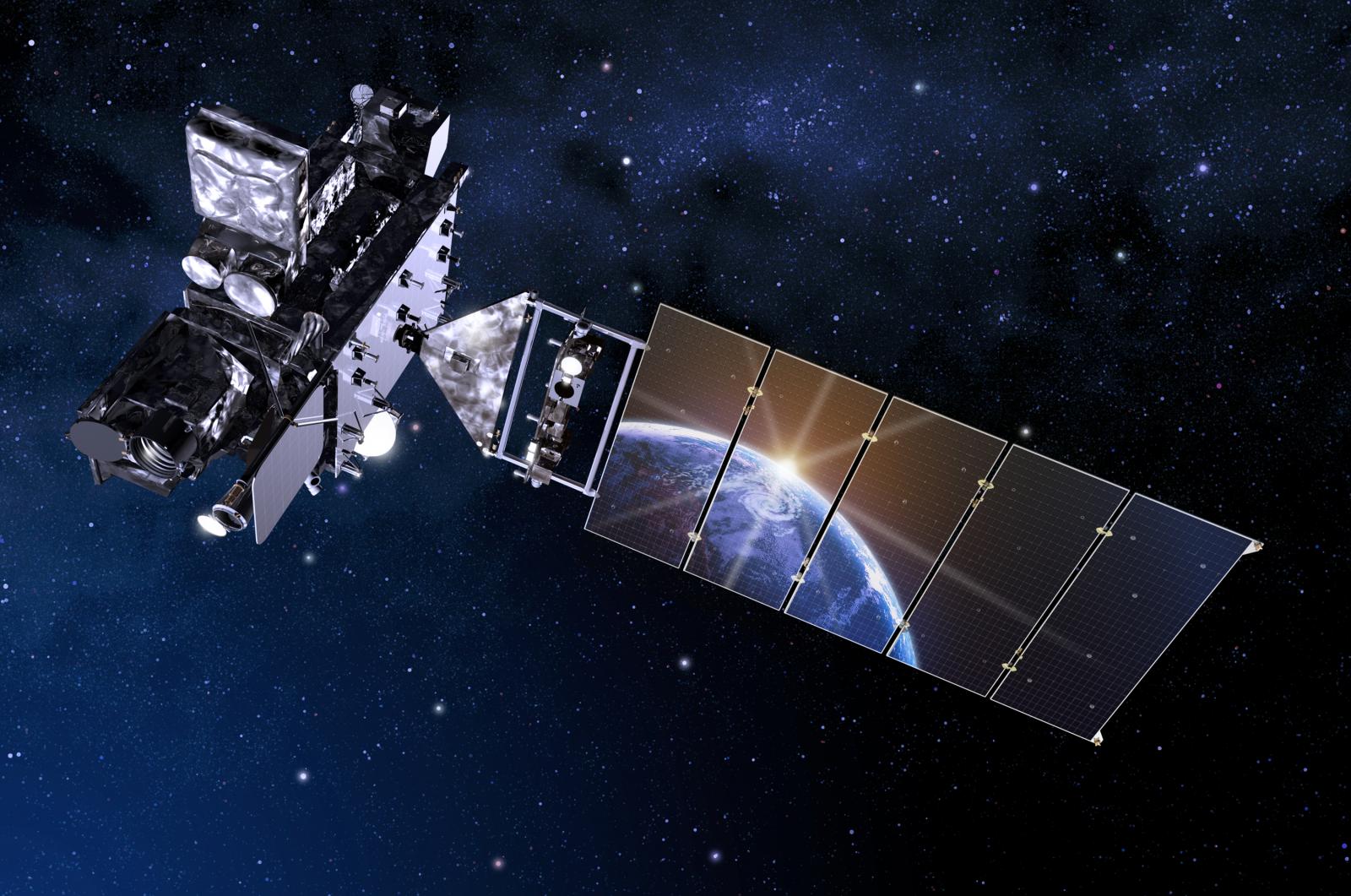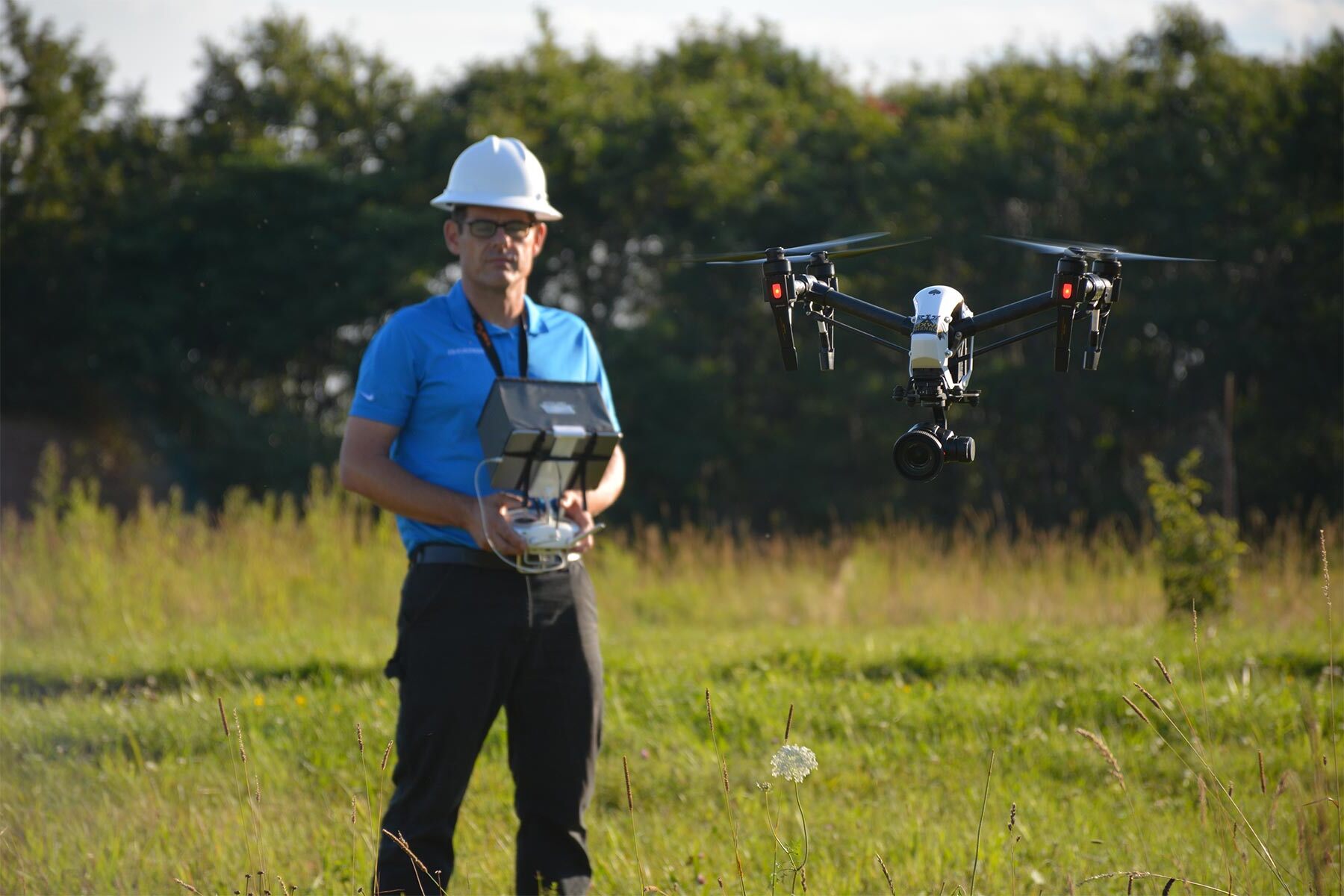
Space weather monitoring is an essential aspect of understanding and predicting the dynamic environment in outer space. It involves the study and analysis of various phenomena and events occurring in the space environment, such as solar flares, coronal mass ejections, geomagnetic storms, and cosmic rays. With advancements in technology and the growing interest in space exploration, monitoring space weather has become a crucial task for scientists and researchers.
In this article, we will explore 15 unbelievable facts about space weather monitoring. From the incredible tools and techniques used to gather data to the astonishing effects of space weather on our everyday lives, these facts will leave you awe-inspired and fascinated by the mysteries of the universe. So fasten your seatbelts and get ready for an extraordinary journey into the world of space weather monitoring!
Key Takeaways:
- The Sun is the main source of space weather, impacting Earth’s technology and astronauts. Monitoring space weather helps protect our technology and ensures astronaut safety during space missions.
- Space weather monitoring is crucial for understanding the universe and safeguarding our satellite communication systems. It also contributes to scientific research, providing valuable insights into our solar system’s dynamics.
The Sun is the primary source of space weather.
Space weather is mainly influenced by the Sun’s activity, such as solar flares, coronal mass ejections, and high-energy particles emitted during solar storms.
Space weather can affect Earth’s technology.
Intense space weather events can disrupt satellite communications, GPS systems, and even power grids, causing blackouts and affecting various technological infrastructure on our planet.
There are specialized instruments for space weather monitoring.
Scientists use sophisticated instruments like solar telescopes, magnetometers, and particle detectors to monitor and record space weather phenomena.
Space weather can have an impact on astronauts.
During extravehicular activities or spacewalks, astronauts are at risk of being exposed to high levels of radiation due to space weather events, which can lead to potential health hazards.
Space weather events can cause beautiful auroras.
When charged particles from the Sun collide with Earth’s magnetic field, they create mesmerizing displays of light known as auroras, such as the Northern and Southern Lights.
There are different space weather scales.
Similar to weather forecasts on Earth, scientists use scales to classify and predict space weather events, ranging from minor disturbances to severe storms.
Space weather can impact aviation.
Intense space weather can cause disruptions in radio communications and navigation systems, which can pose challenges for pilots and air traffic control.
Space weather monitoring helps protect space-based assets.
By closely monitoring and predicting space weather, scientists can take proactive measures to safeguard satellites, space probes, and other space-based assets from potentially harmful space weather events.
Space weather events are not limited to our solar system.
Space weather is a universal phenomenon that can occur in other star systems as well, impacting exoplanets and their atmospheres.
Space weather monitoring is crucial for space exploration.
Understanding and predicting space weather is essential for planning long-duration space missions, such as crewed missions to Mars or establishing permanent habitats on other celestial bodies.
Space weather forecasting has improved over time.
Advancements in technology and computer models have significantly enhanced space weather forecasting capabilities, allowing for more accurate predictions and better preparedness.
Space weather can disrupt Earth’s magnetic field.
Intense space weather events can cause disturbances in Earth’s magnetic field, leading to disruptions in radio communications and navigation systems.
Space weather can affect satellite operations.
Radiation from space weather events can degrade satellite components and impact their performance, requiring frequent monitoring and maintenance.
Space weather events occur in cycles.
The Sun operates on an approximately 11-year cycle of activity, with periods of high solar activity and intense space weather followed by periods of lower activity.
Space weather monitoring contributes to scientific research.
Studying space weather provides valuable insights into the dynamics of our solar system and helps scientists expand our understanding of the universe beyond Earth.
Conclusion
Space weather monitoring is a fascinating field that continues to yield incredible discoveries about our universe. From massive solar flares to geomagnetic storms, researchers are able to study and predict these events thanks to advanced technology and dedicated satellites. The importance of monitoring space weather cannot be overstated, as it directly affects our daily lives, from GPS navigation to power grids. With ongoing research and advancements, we can expect even more breathtaking revelations about the impact of space weather on Earth.
FAQs
Q: What is space weather monitoring?
A: Space weather monitoring is the process of observing and studying various phenomena occurring in space that can impact Earth’s magnetic field, atmosphere, and technological systems.
Q: Why is space weather monitoring important?
A: Space weather monitoring helps us understand and predict solar flares, geomagnetic storms, and other space events that can affect satellite communications, power grids, and even human health and safety.
Q: How is space weather monitored?
A: Space weather is monitored using ground-based observatories, satellites, and space-based instruments that measure electromagnetic radiation, particle flux, magnetic fields, and solar wind activity.
Q: What are the potential impacts of space weather on Earth?
A: Space weather can disrupt satellite communication, GPS navigation systems, and power grids, leading to blackouts, disrupted flights, and loss of communication.
Q: Can space weather have any health effects?
A: Yes, intense solar activity and high-energy particles from space can impact astronauts’ health during spacewalks or long-duration missions, as well as potentially affecting people exposed at high altitudes.
Q: How can space weather predictions benefit society?
A: Space weather predictions allow us to take necessary precautions to protect satellites, infrastructure, and human health, minimizing the negative impacts of space weather events.
Unraveling mysteries of space weather is an endless journey. Dive deeper into solar flares, their incredible power, and far-reaching effects. Geomagnetic storms showcase Earth's vulnerability to cosmic forces, reminding us of our planet's delicate balance. Looking ahead, space weather forecasting holds key to safeguarding technology, astronauts, and dreams of exploration. Each discovery brings us closer to understanding universe's secrets, fueling curiosity that drives humanity forward.
Was this page helpful?
Our commitment to delivering trustworthy and engaging content is at the heart of what we do. Each fact on our site is contributed by real users like you, bringing a wealth of diverse insights and information. To ensure the highest standards of accuracy and reliability, our dedicated editors meticulously review each submission. This process guarantees that the facts we share are not only fascinating but also credible. Trust in our commitment to quality and authenticity as you explore and learn with us.


